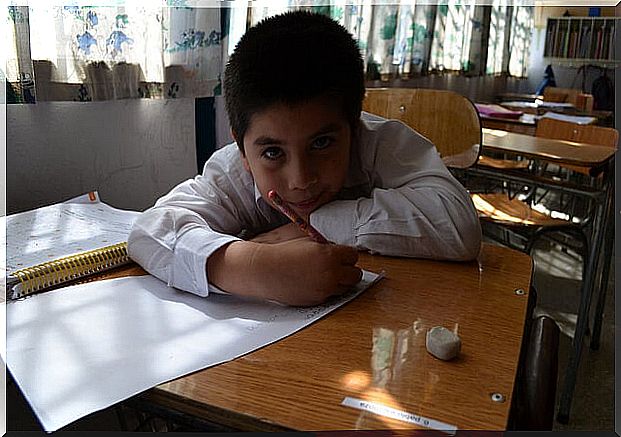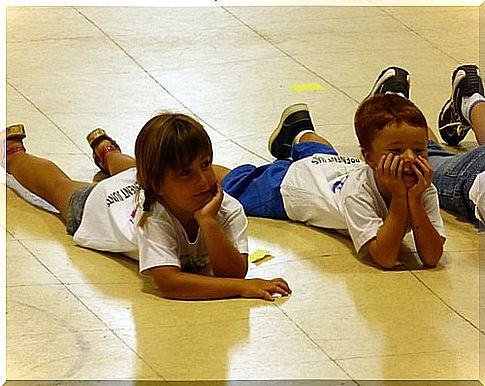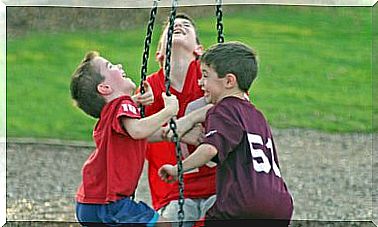Learning Problems, How To Help Your Child?

Helping your child with learning disabilities goes through identifying them and recognizing that they have them. This situation is very common, but it still represents a cause for suspicion for some parents, because they may try to attribute the deficiencies to the education and not to the children.
But since all parents want the best for our children, we generally look for alternatives to solve their possible problems, which are sometimes difficult to identify.
It is estimated that from five years of age, children can be diagnosed with learning problems, they appear especially to affect their school performance. However, difficulties also prevent normal social development.
Main characteristics of this condition

Learning problems are born with the child, but they are not detectable if not until he begins his school stage. It is estimated that one in ten children is affected by this problem, which is also applicable to the way in which the child relates interpersonally.
It is important to know that children who suffer from this problem are completely normal, their intelligence is at an optimal level, their hearing and vision are intact, and they are mentally capable of striving for better results.
Usually it is a child who behaves appropriately at school and at home ; but it is not empowered to receive the information and process it clearly. This makes him a child who is easy to differentiate from others, because he is limited in his actions, since his deficiencies in capturing ideas make it impossible for him to develop them later.
Although these problems directly affect the development of the child, they also represent a challenge for parents and teachers. The key to this condition is that although he is a child with intelligence, he cannot be taught in the same way.
A recognizable element in these children is that they have regrettably failed in their academic pursuit and in social relationships. To identify these problems, the following features can be considered:
- He does not easily master writing or reading and sometimes forgets mathematical elements.
- Has difficulty following and remembering instructions.
- He is clumsy at identifying words and tends to reverse the order of letters and numbers.
- He usually confuses the left with the right or if it is today, tomorrow or yesterday.
- Does not regularly coordinate steps and movements. In addition, it is difficult for him to hold the pencil properly.
- You usually speak loudly and turn up the volume on the TV or radio a lot.
- Sometimes it is easily irritated.
How to help your child with learning disabilities?

There are tools that specialists have designed to evaluate children in their development and there are also adequate strategies to correct or help improve them. That is why it is advisable to help them through the following recommendations:
- Work together with teachers to be informed about what are the failures and the successes of their behavior.
- Identify the strengths of the child to design the correct strategy to stimulate him.
- Lean on specialists such as the psychopedagogue, who can give you useful recommendations to enhance skills.
- Let him know that you support him ; Tell them that he can overcome this problem and that you trust him.
- Avoid giving him the answers, it is better if we help him find them ; But always take the time to support him in the most difficult tasks for him.
- Create a specially designed homework space, free from distractions. Also try to plan a time to carry them out, which is organized so that it is always executed regularly
- Do not be very demanding with the child, remember that he tries to overcome his limitations. For this reason, it is also advisable to take breaks and rests at defined scales, which can always be the same.
- Talk to your child about how important his improvement is, ask him what things are difficult for him and listen to his answers carefully. Let him know that you understand him and that together you can get through it.
A final recommendation is to ensure that parents and children have the same concept of learning; for the family it should be an element of common interest, that is, that the child values how important it is to learn, because it has been taught that way.
The fact that the child has learning problems is not a reason to neglect his studies or stop taking him to school. Education is the basis for the problems to decrease for all, because they also affect not only in academic terms, but also social, psychological and affective.









